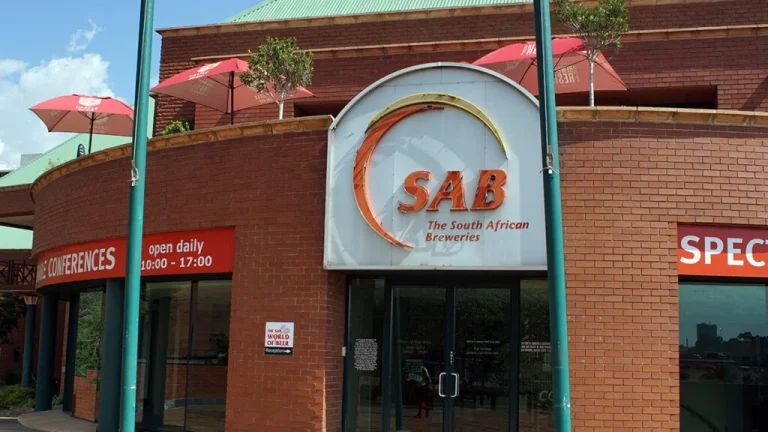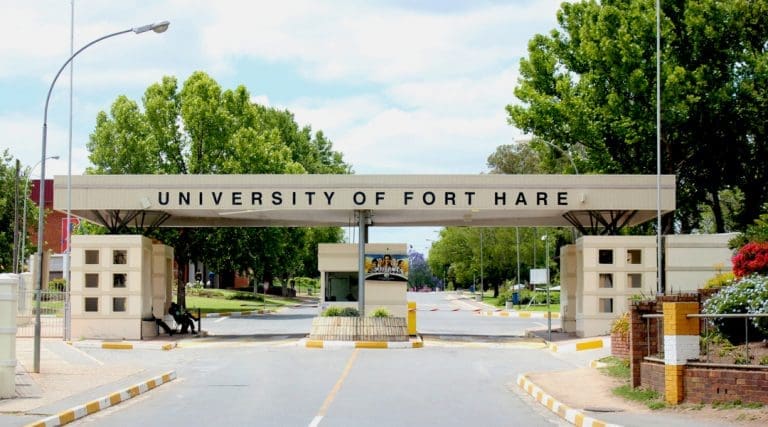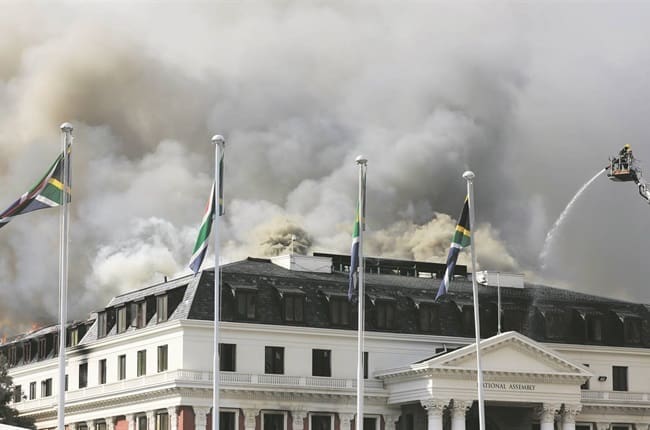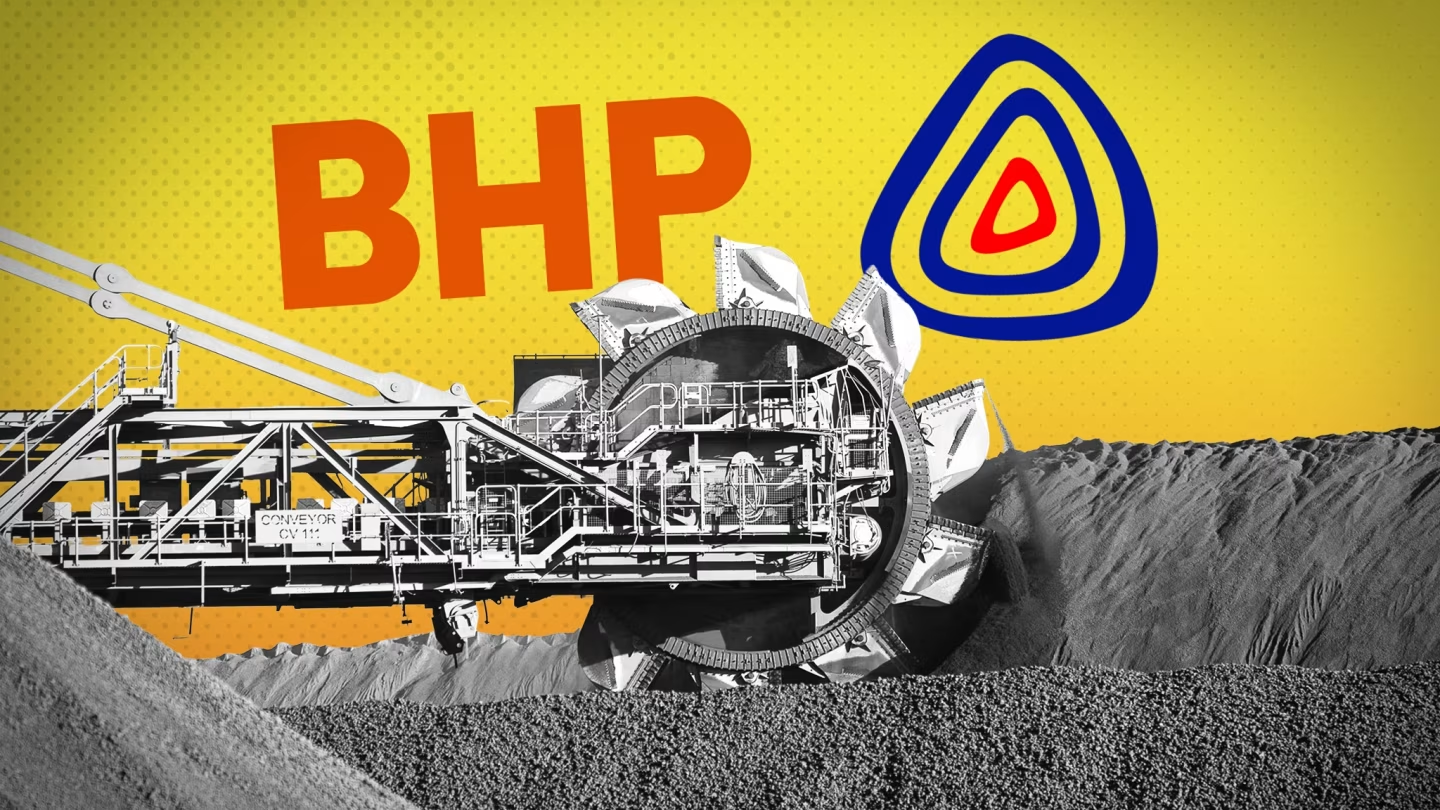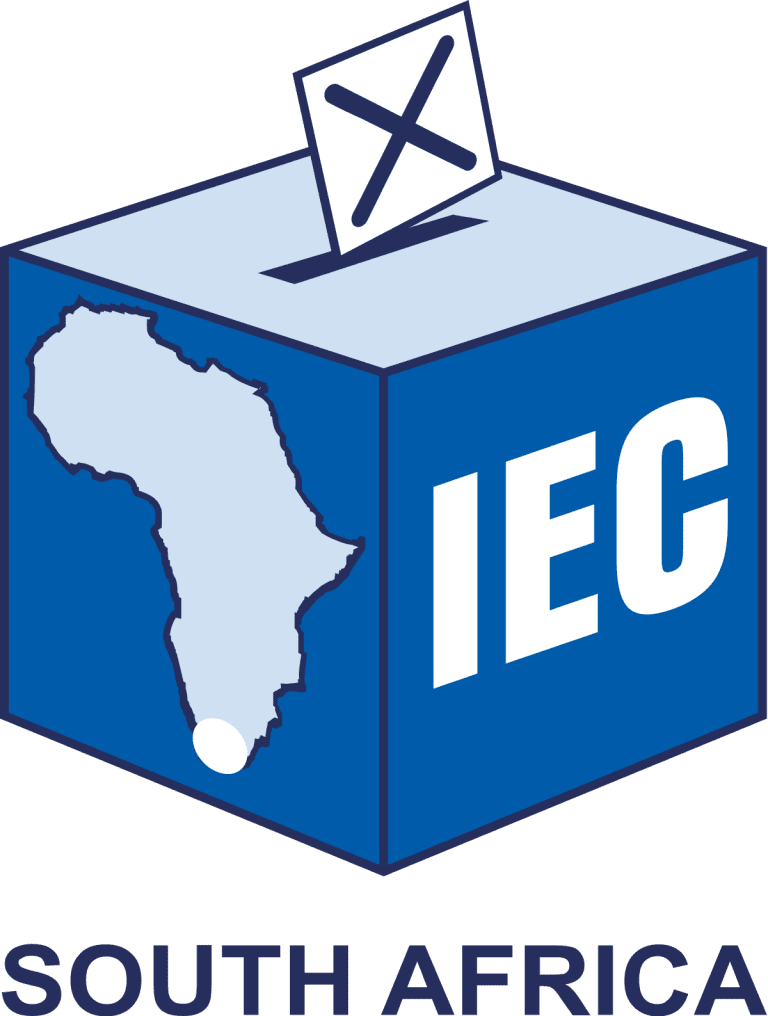As the 2024 national elections approach, concerns loom over South Africa’s socio-political stability, with various companies expressing apprehension about potential social unrest gripping the nation. These apprehensions, as highlighted in annual reports, underscore the precarious economic conditions faced by the country throughout 2023 and the likely continuation of instability post-2024, posing substantial risks to businesses.
Chairman Theuns Eloff of Astral Foods articulated deep-seated concerns regarding the stagnant state of the South African economy, characterized by negligible growth. Eloff emphasized, “Soaring unemployment rates, dwindling consumer spending, and a weak currency collectively impede any prospects for genuine economic progress.”
Eloff, sounding a cautionary note, predicted a prolonged period of socio-political instability leading up to the 2024 National Election, raising concerns that this turbulence might persist beyond the electoral milestone.
These sentiments resonate across various sectors, echoed by companies such as Sappi, a prominent pulp and paper manufacturer, and governance expert Dr. Sam Koma, all highlighting similar risks.
Sappi, employing over 4,500 individuals nationwide, expressed vigilance toward potential social disruptions amidst an election year marked by inadequate service delivery. Recounting past challenges, the company suffered a significant loss of over R220 million in production during the 2021 civil unrest, which caused disruptions in raw material supplies, temporarily shuttering several mills in KwaZulu-Natal.
Anticipating intensified political activities in the lead-up to the 2024 elections, Sappi voiced concerns about potential adverse effects on its operations, wary of heightened unrest impacting their productivity.
Dr. Sam Koma emphasized the surge in protest actions, fueled by communities’ awareness that politicians would be compelled to address their demands in the run-up to the elections, as votes become crucial.
Highlighting the prevailing cost-of-living crisis faced by most South Africans, Koma underscored the harsh reality of compromising basic needs while grappling with persistently high unemployment, poverty, and inequality. He explained that communities resort to protests when their demands for improved service delivery go unmet by local municipalities and politicians, seeing it as their sole recourse.
However, Koma warned of the potential for these protests to escalate into violence, citing inadequate police response due to capacity limitations and information deficits within the security cluster. Such violent escalations, reminiscent of the civil unrest in 2021, pose a threat of material losses, exacerbating an already bleak economic growth forecast for South Africa’s GDP in the upcoming year.
As South Africa braces for a pivotal electoral cycle, these warnings of social and political instability carry weighty implications for businesses, necessitating proactive measures to mitigate potential risks amidst an uncertain socio-political landscape.
The apprehension expressed by industry leaders and governance experts underscores the urgent need for comprehensive strategies addressing economic stagnation, unemployment, service delivery deficiencies, and inequality, fostering an environment conducive to sustained growth and stability in South Africa.
With these challenges looming large, stakeholders, including government entities, businesses, and civil society, must collaborate to navigate the complexities, fostering dialogue and implementing measures to alleviate socio-economic grievances, ensuring a more stable and prosperous future for South Africa.














